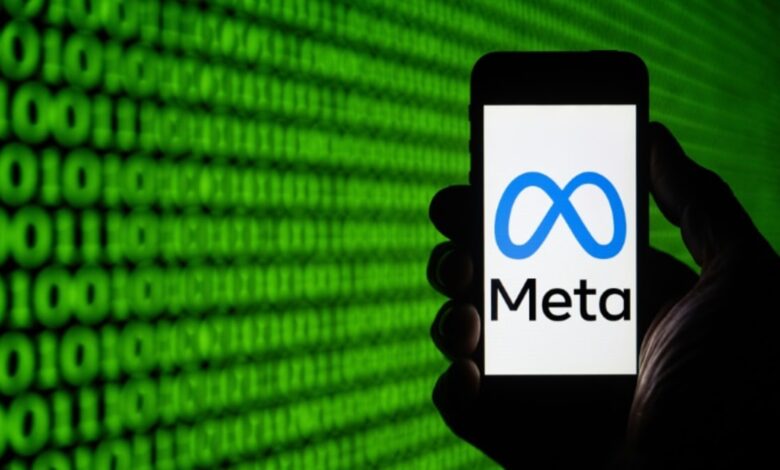‘Grave step backwards’: Meta shuts monitoring tool in election year

“DIRECT THREAT”
In recent election cycles, researchers say CrowdTangle alerted them to harmful activities including foreign interference, online harassment and incitements to violence.
By its own admission, Meta – which bought CrowdTangle in 2016 – said that in 2019 elections in Louisiana, the tool helped state officials identify misinformation, such as inaccurate poll hours that had been posted online.
In the 2020 presidential vote, the company offered the tool to US election officials across all states to help them “quickly identify misinformation, voter interference and suppression.”
The tool also made dashboards available to the public to track what major candidates were posting on their official and campaign pages.
Lamenting the risk of losing these functions forever, global nonprofit Mozilla Foundation demanded in an open letter to Meta that CrowdTangle be retained at least until January 2025.
“Abandoning CrowdTangle while the Content Library lacks so much of CrowdTangle’s core functionality undermines the fundamental principle of transparency,” said the letter signed by dozens of tech watchdogs and researchers.
The new tool lacks CrowdTangle features including robust search flexibility and decommissioning it would be a “direct threat” to the integrity of elections, it added.
Meta spokesperson Andy Stone said the letter’s claims are “just wrong,” insisting the Content Library will contain “more comprehensive data than CrowdTangle” and be made available to academics and non-profit election integrity experts.
“LOT OF CONCERNS”
Meta, which has been moving away from news across its platforms, will not make the new tool accessible to for-profit media.
Journalists have used CrowdTangle in the past to investigate public health crises as well as human rights abuses and natural disasters.
Meta’s decision to cut off journalists comes after many used CrowdTangle to report unflattering stories, including its flailing moderation efforts and how its gaming app was overrun with pirated content.
CrowdTangle has been a crucial source of data that helped “hold Meta accountable for enforcing its policies,” Tim Harper, a senior policy analyst at the Center for Democracy and Technology, told AFP.
Organisations that debunk misinformation as part of Meta’s third-party fact-checking program, including AFP, will have access to the Content Library.
But other researchers and nonprofits will have to apply for access or look for expensive alternatives. Two researchers told AFP under condition of anonymity that in one-on-one meetings with Meta officials, they demanded firm commitments from company officials.
“While most fact-checkers already working with Meta will have access to the new tool, it’s not super clear if many independent researchers – already worried about losing CrowdTangle’s functionality – will,” Carlos Hernandez-Echevarria, head of the Spanish nonprofit Maldita, told AFP.
“It has generated a lot of concerns.”




